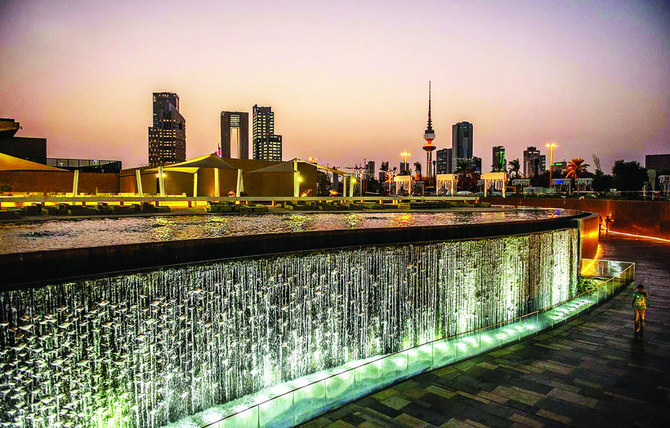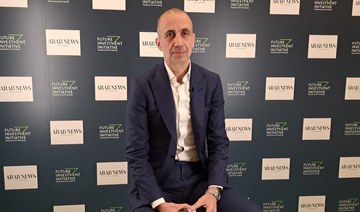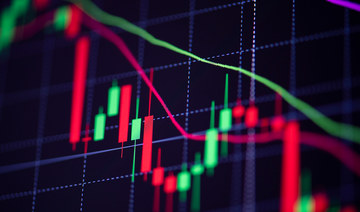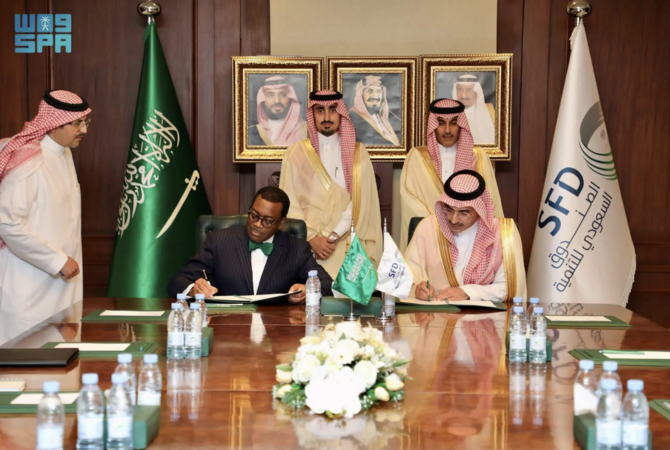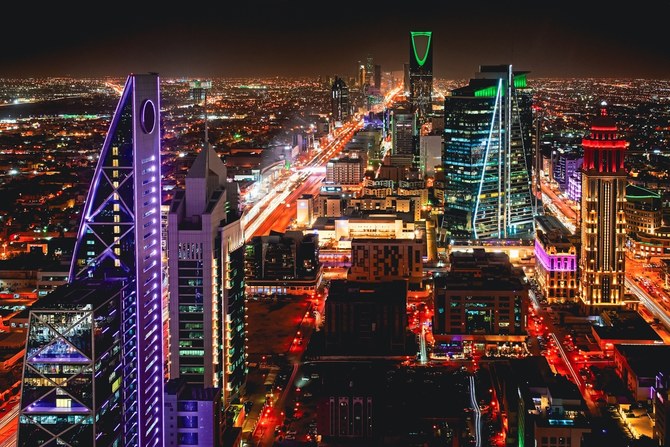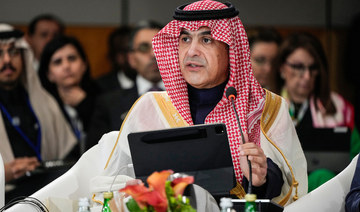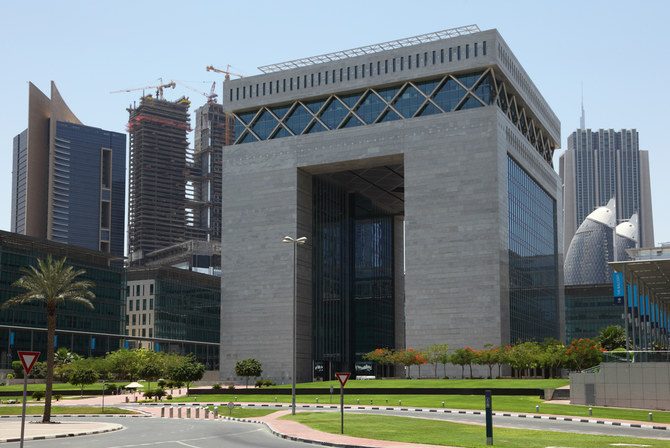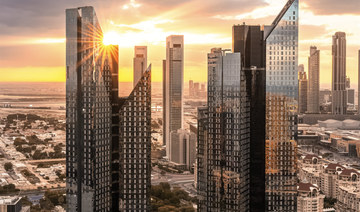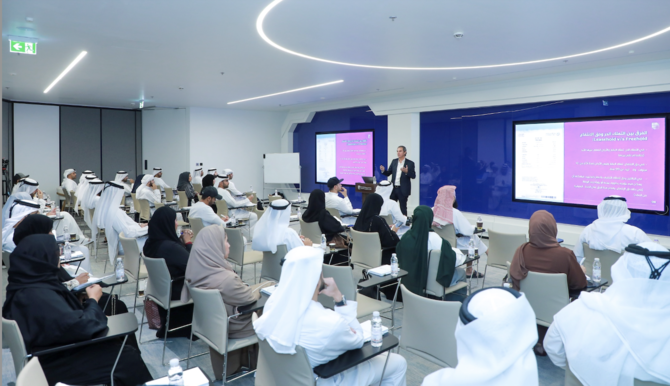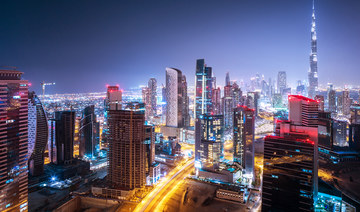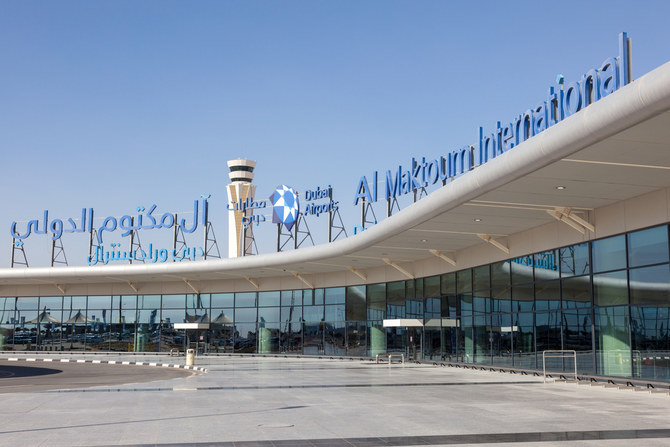RIYADH: Driven by giga-projects and economic reforms under the Vision 2030 program, Saudi Arabia has emerged as an attractive destination for investors, said top officials at global asset management firm Franklin Templeton.
Speaking to Arab News in an exclusive interview, Salah Shamma, head of MENA equities for Franklin Templeton’s Emerging Markets Equity group, struck an upbeat tone when discussing the opportunities available in the Kingdom.
“Large-scale projects that are long term in nature and are looking to be driven mainly by the public sector but with large or significant private sector participation have given a boost to the equity market in Saudi Arabia,” he said.
Shamma also pointed to the young demographic of Saudi society, adding: “You’ve got one of the fastest growing populations which is a critical factor when you’re looking at emerging markets in general. What’s more, the Kingdom has one of the highest per capita incomes in the world and a very supportive environment for companies to operate within the consumer space.”
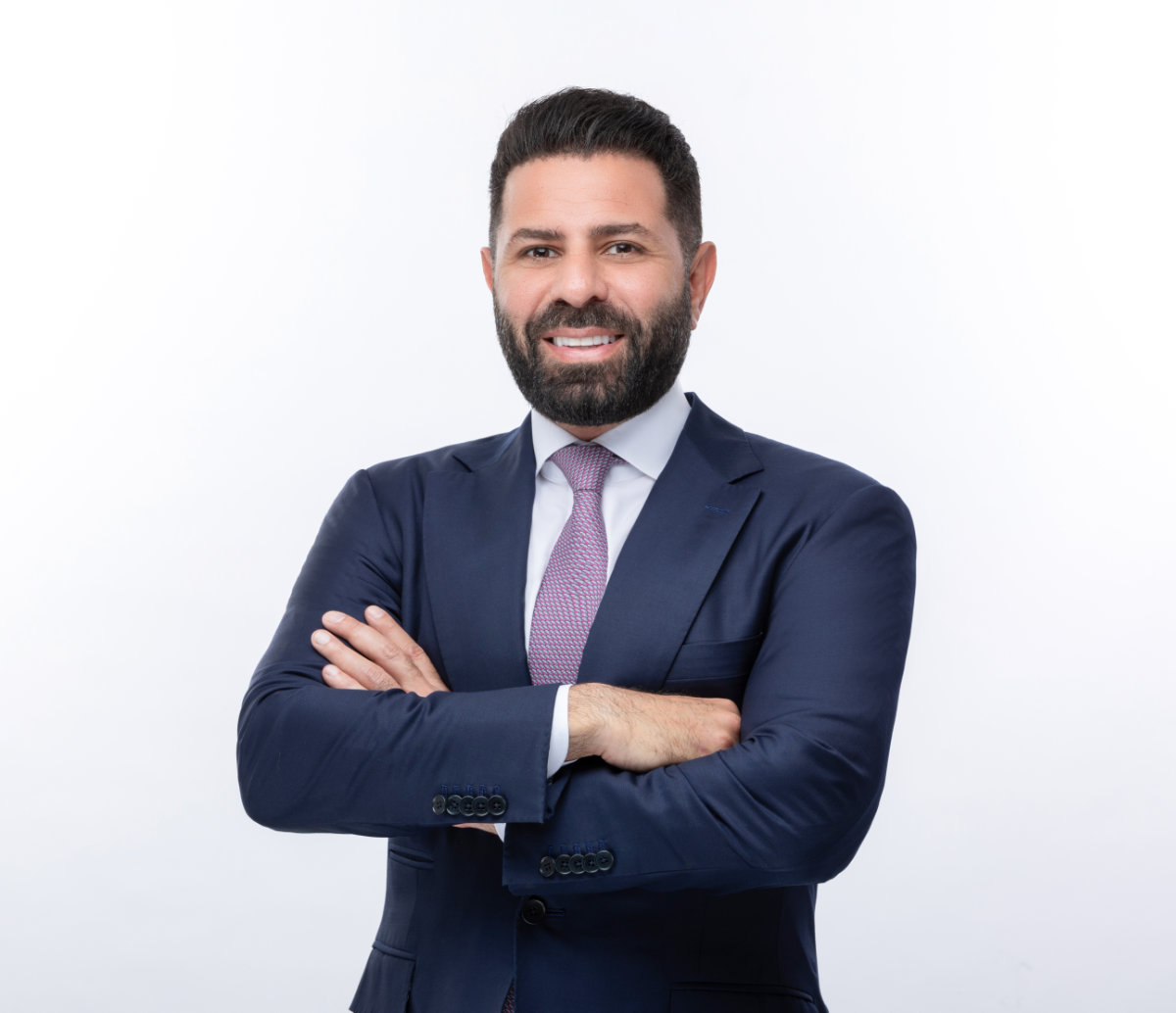
Salah Shamma, head of MENA equities for Franklin Templeton’s Emerging Markets Equity group. (Supplied)
His enthusiasm was echoed by Mohieddine Kronfol, chief investment officer, global sukuk and Middle East and North Africa fixed income, at Franklin Templeton.
Kronfol explained that now is a great time to invest in fixed income markets for two reasons.
“One is obviously that yields are today much higher than they were a year ago and so there’s much more income for investors to be able to take advantage of,” he said, adding: “There’s also more protection that fixed income markets can offer. So when you talk about the Saudi fixed income markets, we’re talking about a very high quality, mainly government-sponsored markets, which is a safe place to put your money to work.”
HIGHLIGHT
Large-scale projects that are long term in nature and are looking to be driven mainly by the public sector but with large or significant private sector participation have given a boost to the equity market in Saudi Arabia.
Kronfol went on to say that Franklin Templeton’s outlook for debt in Saudi Arabia and the region in general is “very constructive, very positive.”
“We think that investors would be looking to take advantage of the yields on offer and the security and safety that these government bonds and government issues provide,” he said.
Reflecting on Saudi Arabia’s position in the bond market, Kronfol claimed the Kingdom has made “incredible progress” over the past five years.
“The Kingdom went from really hitting well below its economic weight in terms of its share of the regional bond markets into now being not just a leader in our conventional bonds but also in global Shariah-compliant bonds or sukuk markets,” he said.
Other than Saudi Arabia, Shamma and Krofnol are also positive about opportunities in the UAE which has witnessed significant improvements in its investment and ownership laws.
“The amount of businesses that are setting up in the UAE and the activity that we’re seeing is all quite positive for corporates that are operating within the country,” Shamma said.
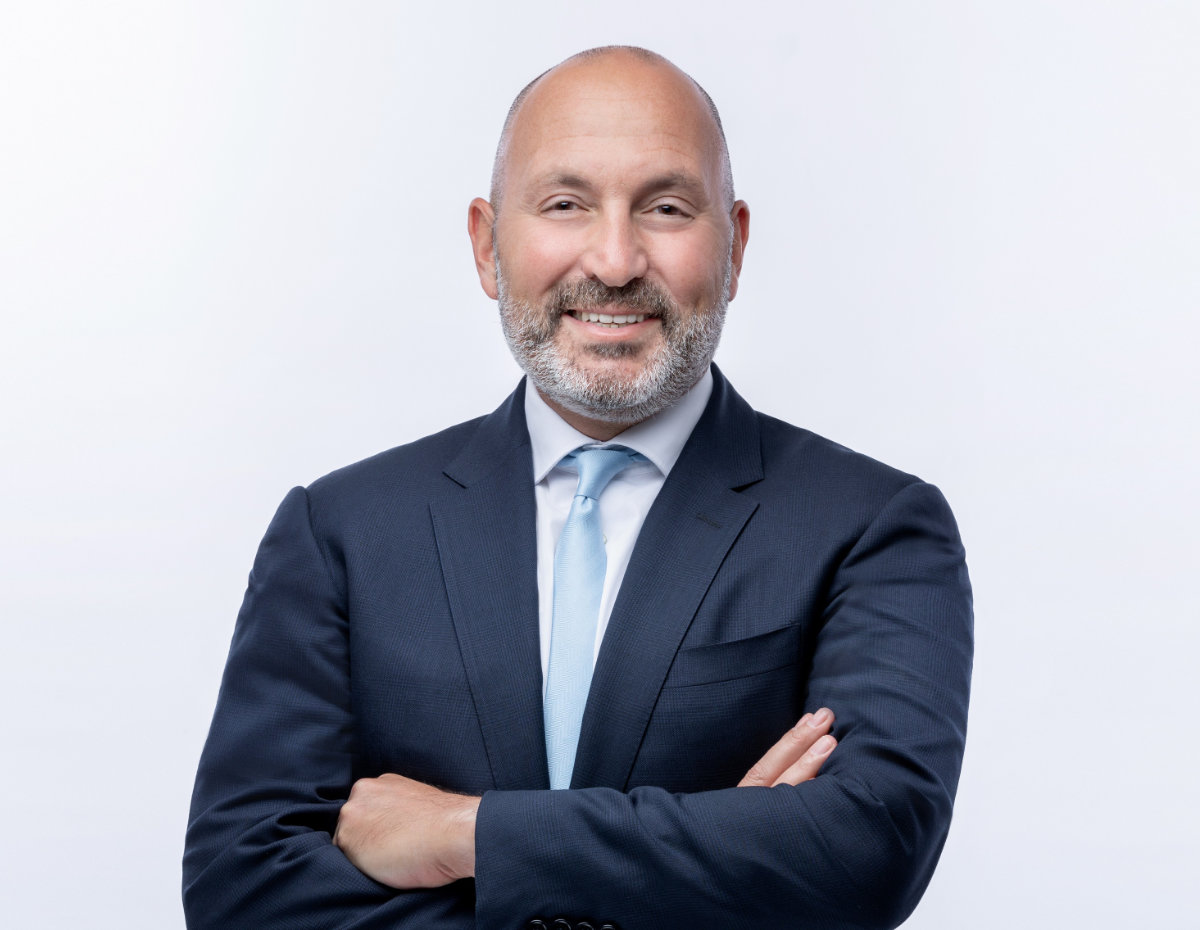
Mohieddine Kronfol, chief investment officer at Franklin Templeton - MENA. (Supplied)
But that’s not all. He pointed out that, among the other positive developments in Gulf Cooperation Council countries, governments have been expediting their divestment program and selling quality assets and blue-chip assets at attractive valuations.
“They’ve managed to de-risk a lot of these assets and offer them to the public. So you’re getting these quality, large scale infrastructure-related companies that have a very secure and visible cash flow over a long period of time and coming at an attractive valuation,” Shamma explained.
Strong rebound
Kronfol said that the region has witnessed a strong rebound in economic activities after the COVID-induced slowdowns.
“As far as our region is concerned, we had a very sound response to the pandemic not only from a public health point of view but also from a reopening point of view,” he pointed out.
“The policies were so good that we actually engineered the same recovery spending one third of what emerging markets were spending, and one sixth of what the developed world spent.”
Kronfol believes it was because of this post-pandemic reopening that the region was able to absorb some of the higher input costs, thanks to relatively well-anchored inflation, positive growth and strong balance sheets.
“Whatever costs that came through to companies or governments, as far as higher input costs were concerned, they were able to pass that on without too much difficulty,” he continued. “And that’s one of the main reasons why you find that the region has outperformed other emerging markets in many developed markets over the past few years.”
Kronfol added: “Now, going forward, much will depend on the path of interest rates, the dollar and the one area of focus for us which is oil…I know policy makers here are doing what they can to keep oil prices up but there’s some uncertainty attached to that. However, if we continue to have oil above $70 and we have the policy flexibility because of our financial resources, I think the region is well placed.”
Challenges investors face
Asked about the challenges faced by investors, Shamma replied: “What’s happening right now in the world is that, with higher interest rates, the cost of capital in general is increasing. As such, when the cost of capital is increasing, you’ve got different assets that are competing for that capital.
“So, at this point in time, I think the key challenge that investors need to address is mainly on the asset allocation issue as they need to decide whether it’s time to benefit from higher interest rates which are quite attractive now or to invest in equity markets.”
Shamma added: “Since we are in a higher interest rate environment with tightening monetary policies after years of loose monetary policy as well as lower interest rates, there is a fair amount of volatility that is affecting all asset classes in general.
“Also, our markets are not going to be immune to that volatility, especially now that the participation of foreign investors has increased in our markets.”
Shamma believes since regional markets have done quite well over the past couple of years and valuations have risen significantly, another key challenge is for corporations to stick to their expansion plans.
“If the corporates are not able to deliver on their growth promises then obviously we will see a fair level of adjustment. That being said, we believe that investors in this type of environment need to be significantly more selective in not just trying to choose the best companies but also the best managers and the best asset classes to invest in given the volatility and level of uncertainty that we have in the global backdrop,” he concluded.


